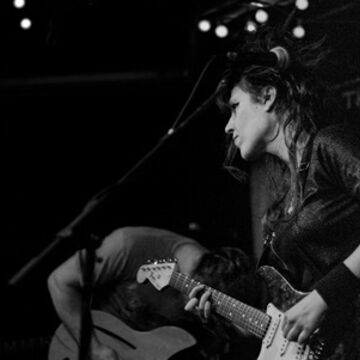

Anya Pauline Davidson
Lecturer
Contact
Bio
Education: BFA, 2004, School of the Art Institute of Chicago. Exhibitions: Missouri State University, Ohio; Billy Ireland Cartoon Museum, Wisconsin; John Michael Kohler Art Center, Central Connecticut State University, University of Chicago, Chicago; Sullivan Gallery. Books & Publications: School Spirits, Picturebox Inc, 2013. Band For Life, Fantagraphics Books, 2015. Lovers in the Garden, Retrofit Comics, 2016, Best American Comics 2015, The Comics Journal, Mad Magazine, The Fader Magazine, Pitchfork Magazine, VICE, Chicago Reader, Kramers Ergot #8 & #9
Bibliography: Paste Magazine, Bookforum, Globe&Mail, The Comics Journal. Awards and Nominations: Ignatz Award Nominee, Outstanding Online comic, 2014. Outstanding Graphic Novel, 2016.
Personal Statement
I'm a cartoonist, musician and printmaker, and a writer for the Comics Journal. I've been involved with the DIY community in Chicago for many years, and I believe it's important to make the things you want to see in the world without waiting for permission from gatekeepers. My hope is that students come away from my class with the tools to build their art practices outside of institutions.